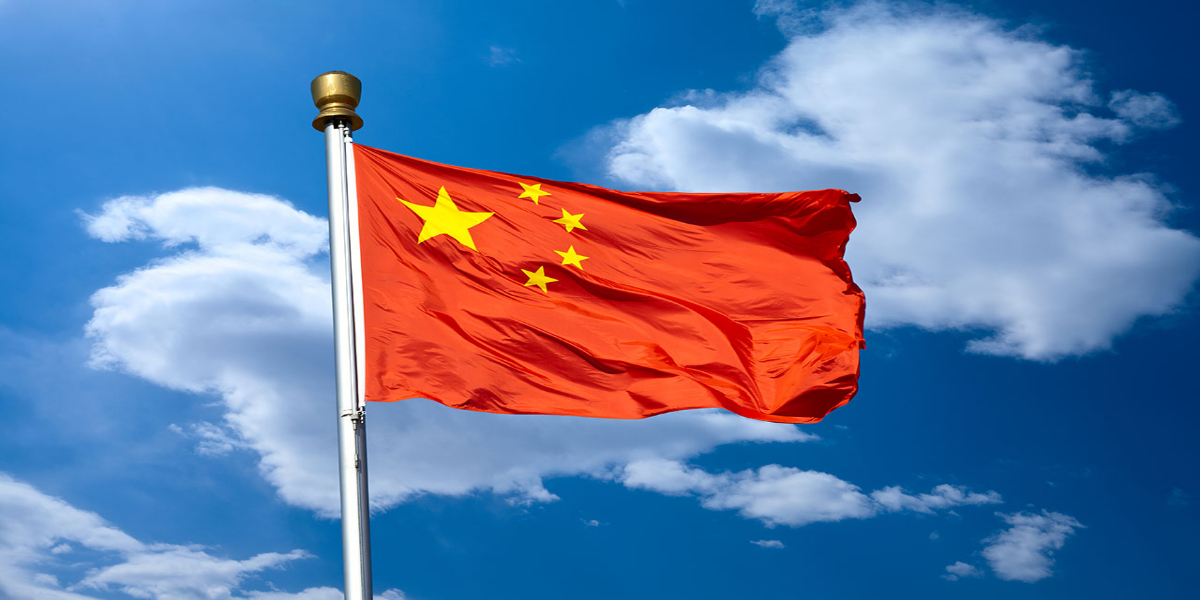- Xinjiang, Hong Kong and Tibet are China’s internal affairs, a group of countries stated on Tuesday.
- The statement was read by Cuba on behalf of 69 cross-regional countries at the UN Human Rights Council’s 50th session.
- It voiced opposition to human rights politicisation, double standards and involvement under guise of human rights.
GENEVA: A group of countries stated on Tuesday that Xinjiang, Hong Kong, and Tibet are China internal affairs, voicing opposition to human rights politicisation, double standards, and involvement in China’s internal affairs under the guise of human rights.
Read more: U.S rebuffs China By designating Taiwan Strait as an international waterway
“We maintain that all parties should abide by the purposes and principles of the Charter of the United Nations, adhere to the principles of universality, impartiality, objectivity, and non-selectivity, and respect the right of the people of each state to choose independently the path for development in accordance with their national conditions,” the joint statement noted.
All human rights should be respected equally, with particular focus placed on economic, social, and cultural rights, as well as the right to growth, it stated.
Read more: China is muscling its neighbours, according to the US defence Chief

















